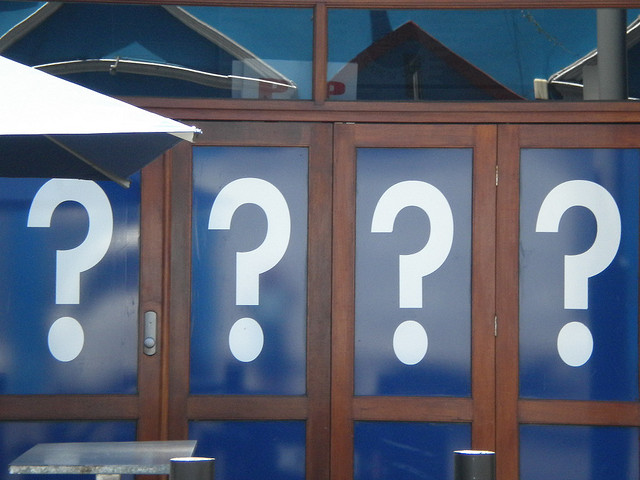Three Questions About Contracts
I get questions from freelancers about contracts and how to use them All. The. Time.
Which is great! Because I love contracts and I love answering questions.
I picked three questions that I get fairly often from freelancers, artists and folks trying to DIY their business. I hope the answers help you in pursuit of professional success and, you know, dollaz.
Can an email work as well as a contract?
Yes?
I’m going to guess that what you’re really asking is, “Can an email where I detail what I’m going to do and what they’re going to pay me work as well as a fancy contract a lawyer writes with all the fancy legal words?”
In which case my answer is: the email can be an enforceable contract but it might not be as helpful as that fancy contract.
A legally binding contract can be created fairly easily.
One person has to make an offer, the other person has to accept that offer and both sides have to give something up in order to make the deal happen.
That’s pretty easy to do.
An email where you say that you’re accepting their gig for the price you agreed upon can be a legally binding contract. They’re giving up money and you’re giving up your services, presto, contract!
The catch is that your email contract is only enforceable for what it says.
So if it says that you will do Project X and they will pay you price Y, that’s all the protection you get. You won’t be able to use the email to settle intellectual property ownership disputes, enforce payment terms or figure out when you’ve actually finished Project X.
If you’re going to depend on an email or letter as a contract, which can be totally fine, make sure you address all of the details that are important to you feeling good about doing the job.
That means things like revisions, who owns the IP, how quickly they have to pay you, etc.
But what if your email starts to feel like a super picky list of cans and can’ts? Maybe it’s time to use a written contract. (Look at Freelancers Union, Docracy and Shake for examples of where you might start.)
Pro Tip: If you send that email detailing what you have agreed to do, ask that they respond with a simple “I agree.” It makes it easier to prove they agreed with your summary of the deal.
Why should I have my own contract? My client usually has one they want me to sign.
If your client has something they want you to sign, who do you think that contract benefits the most, you or them? (hint: it is them)
Having your own contract means that you have an agreement that you know protects your interests. And isn’t that the best place to start negotiating from?
Having your own standard contract is also a way of showing your clients that you are a professional who deserves to be treated with respect.
We teach our clients how to treat us by what we expect from them. If you start the conversation by expecting them to sign your contract, even if you ultimately end up signing theirs, you are teaching them to treat you like a professional.
I was at a meeting recently where we were talking about hiring a freelance designer for some work. I suggested that one way to vet the designers was to see who had their own contract. I was informed that was silly since most freelancers “don’t work that way, they just agree and do the work.”
Help me prove them wrong, eh?
What should I look out for in contracts that other people ask me to sign?
Oh goodness, how much time do you have?
When a lawyer looks at a contract for her client she starts by asking her client what he wants to be able to do.
“Why is this deal important to your business? What does it help you to do? What are you most worried about not being able to do?”
The answers to those questions help the lawyer when she reviews the contract. Of course, if she sees something that’s bad but not related to those questions, she’ll point it out, but her client’s interests are the guide she uses to evaluate how beneficial or detrimental the contract is to what her client wants.
You can approach reading a contract the same way. Answer those same questions and then read the contract with your answers in mind.
Does the contract talk about what you’re worried about? Does it let you do what you want to be able to do? Does it make you responsible for the things you feel like you have control over? Does it make them responsible for what you need them to take care of?
There are things a lawyer can help you better understand, but if you start by making sure the contract answers your big questions, you’ll be headed in the right direction.
What questions do you have about reading or using contracts as a freelancer or artist?
Categories: Making Sense of Contracts
Tags: Contracts, Freelance, Negotiation, practical advice
« Fantastic Freelancers: An Interview with Jodi McIsaac
Good Advice #11: Help, My Client Didn’t Read the Contract! »





